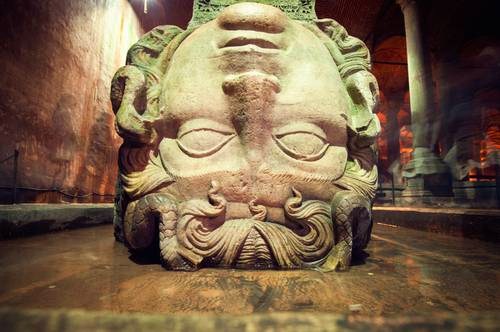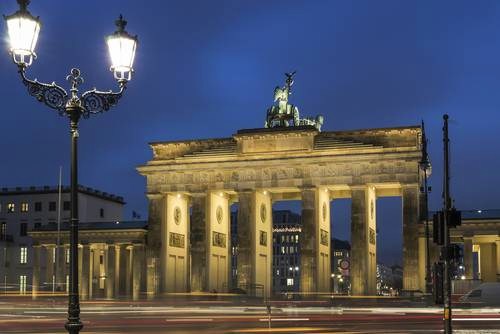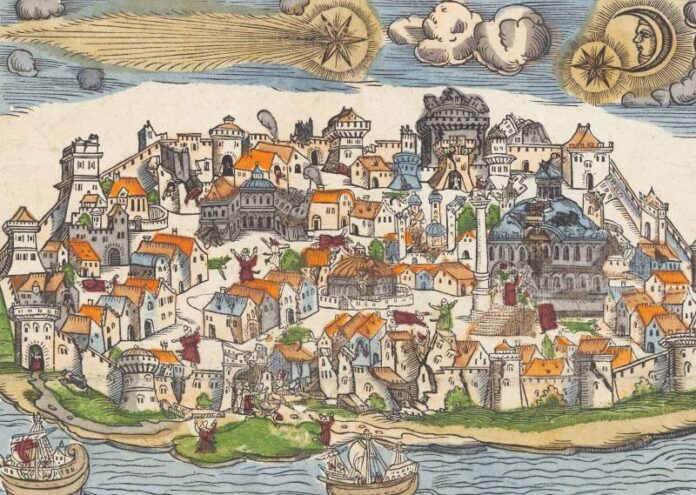The past two millennia have been marked by a series of monumental events that have shaped the course of history, influenced cultures, and changed the way humans live and interact with each other. In the last 2000 years AD (Anno Domini) here are ten key historical events that stand out for their significance.
1. The Rise of the Roman Empire (27 BCE – 476 CE)
One of the most significant events in ancient history was the rise of the Roman Empire. It transformed much of Europe, North Africa, and the Middle East. From its founding in 753 BCE, Rome’s military conquests and innovative governance led to the establishment of an empire that spanned over three continents.
- Why it’s important: The Roman Empire introduced groundbreaking systems of law, engineering (like roads, aqueducts, and buildings), and governance that have influenced Western civilization profoundly. Its fall in 476 CE marked the end of the classical age and the beginning of the Middle Ages.
2. The Fall of Constantinople (1453)

Gorgon Medusa in the Basilica Cistern. YaryGin/shutterstock
The fall of Constantinople to the Ottoman Turks in 1453 was a turning point in world history. This event marked the end of the Byzantine Empire, a continuation of the Roman Empire, and the rise of the Ottoman Empire, which would dominate the Middle East for centuries.
- Why it’s important: The fall of Constantinople disrupted trade routes between Europe and Asia, prompting European nations to seek new routes to the East. This, in turn, led to the Age of Exploration. Additionally, it marked the spread of Islamic culture into Europe and the end of Christian dominance in the East.
3. The Age of Exploration (15th to 17th Century)
From the late 15th century, European explorers like Christopher Columbus, Vasco da Gama, and Ferdinand Magellan set out to discover new lands, seeking new trade routes to Asia. These explorations led to the discovery of the Americas and the establishment of global trade networks.
- Why it’s important: The Age of Exploration directly resulted in the Columbian Exchange, which facilitated the movement of goods, people, and ideas across continents. This era also led to European colonization, profoundly altering the world’s political, economic, and social structures.
4. The Industrial Revolution (18th to 19th Century)
The Industrial Revolution, which began in Britain in the late 18th century, revolutionized the way people lived and worked. The development of machinery, the steam engine, and new manufacturing processes completely transformed economies and societies around the world.
- Why it’s important: This period marked the shift from agrarian economies to industrialized, urbanized societies. It laid the foundation for modern capitalism, drastically improved production capacity, and changed the global labor market, but it also caused significant environmental changes and social inequalities.
5. The French Revolution (1789 – 1799)
The French Revolution was a radical period in French history, during which the people overthrew the monarchy and established a republic. The Revolution introduced ideas of liberty, equality, and fraternity, which influenced political thought across the globe.
- Why it’s important: The French Revolution inspired revolutions in other countries and laid the groundwork for modern democratic principles. It challenged old social structures, including the feudal system, and led to the rise of secularism and the spread of nationalism.
6. World War I (1914 – 1918)
World War I, also known as the Great War, was a global conflict that involved most of the world’s great powers, including European empires and their colonies. The war caused widespread destruction and led to the collapse of several empires, including the Austro-Hungarian, Russian, Ottoman, and German Empires.
- Why it’s important: World War I reshaped the global order, led to the formation of new nations, and significantly altered the political landscape of Europe. The Treaty of Versailles, which ended the war, laid the groundwork for World War II, which would come just two decades later.
7. World War II (1939 – 1945)
World War II was the deadliest and most widespread conflict in human history, involving most of the world’s nations. It resulted in the defeat of Nazi Germany, Imperial Japan, and Fascist Italy, and the emergence of the United States and Soviet Union as superpowers.
- Why it’s important: The war led to the Holocaust, the use of atomic bombs on Japan, and significant changes in global power dynamics. It also set the stage for the Cold War and the creation of the United Nations, designed to prevent future global conflicts.
8. The Civil Rights Movement in the United States (1950s – 1960s)
The Civil Rights Movement was a struggle by African Americans to end racial discrimination and secure equal rights under the law. It saw key events like the Montgomery Bus Boycott, the March on Washington, and the passing of the Civil Rights Act of 1964.
- Why it’s important: The movement not only led to the desegregation of schools, public facilities, and the workforce in the U.S., but it also inspired civil rights movements around the world. It marked a fundamental shift in American society toward greater equality and justice.
9. The Fall of the Berlin Wall (1989)

Brandenburg Gate in Berlin. Dragnea Laurentiu Ficuta/shutterstock
The Berlin Wall, erected in 1961, divided East and West Berlin and symbolized the broader division of East and West during the Cold War. Its fall in 1989 marked the end of the Cold War and the collapse of communist regimes across Eastern Europe.
- Why it’s important: The fall of the Berlin Wall signaled the end of Soviet influence in Eastern Europe and led to the reunification of Germany. It also contributed to the eventual dissolution of the Soviet Union in 1991 and the spread of democracy and capitalism in Eastern Europe.
10. The Digital Revolution (Late 20th Century – Present)
The Digital Revolution refers to the rapid advancement of digital technology, from the development of the personal computer to the internet and smartphones. This transformation has affected nearly every aspect of modern life, from communication and entertainment to business and education.
- Why it’s important: The Digital Revolution has revolutionized how people access information, communicate, and interact with the world. It has accelerated globalization, disrupted traditional industries, and led to the rise of tech giants like Apple, Google, and Facebook. Today, digital technology is at the core of nearly every aspect of modern society, shaping economies, politics, and culture.
Conclusion
The past 2,000 years have witnessed events that have profoundly altered the course of human history. From the rise and fall of empires to revolutions, wars, and technological innovations, these events have shaped the world we live in today. Each of these moments has left a lasting legacy, influencing everything from politics and economics to culture and social structures. Understanding these key events helps us make sense of the world we live in and prepares us to face the challenges of the future.

